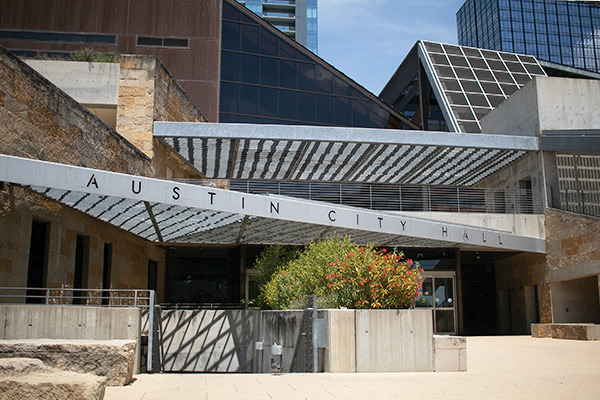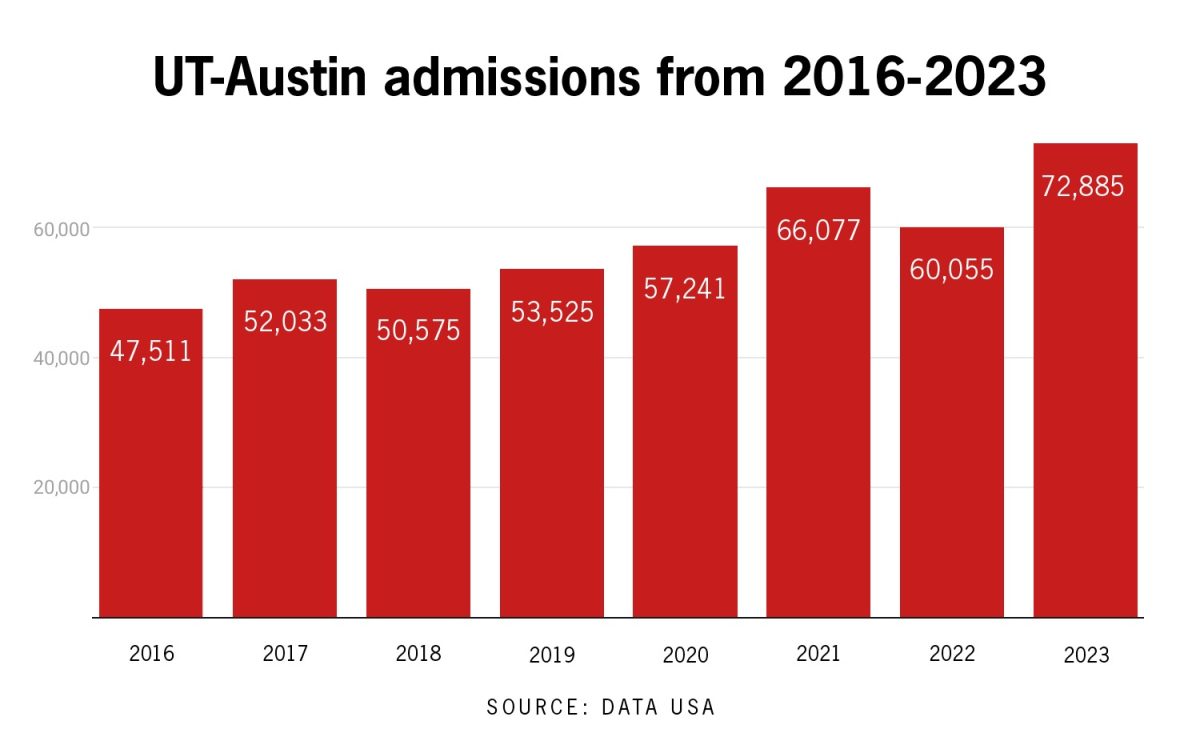If City Council members approve a proposal to increase Austin utility and energy rates, UT students and city residents may face an increase in electricity bills.
Austin Energy has presented to City Council a 12 percent increase in utility fees after a year of deliberation and a drastic decrease in electrical growth which has led to deficit in the company, said Austin Energy public information officer Ed Clark. Basic customer fees for Austin residents will increase from $6 per month to $22 per month, because even after revenue generated from one of the hottest summers on record, Austin Energy had a $6 million deficit last year, Clark said. When the 12 percent increase is combined with the new $22 customer fee, residents could face total billing increases of about 20 percent. If City Council members agree to pass Austin Energy’s proposal, residents could see an increase beginning in April.
“We have been tightening our belts for the last three years because we did not want to hurt customers in this economy, but we just couldn’t help it anymore,” Clark said. “It’s been 17 years since we last raised rates and we’ve really already waited too long as it is.”
Austin Energy does not know yet whether the increase will hit customers all at once or be gradually implemented because the decision is up to City Council, Clark said.
“We would rather the increase not be too sudden, so we’ll probably talk to City Council about making it gradual,” Clark said. “It will be 20 percent, though, one way or the other.”
Students living in University-owned apartments, city apartments and off-campus student housing complexes will feel the effects of the increase because they are responsible for paying their own electricity bill, said Barbara Catos, West Campus Living office manager.
“If anyone is going to be hurt by these rates it’s the students,” Catos said. “It’s going to make a tight belt even tighter.”
Although residents under Austin Energy may see a higher electric bill in April, UT housing rates are not expected to increase, said University Apartments manager Sheril Smith. UT housing will remain unaffected because it runs off University generated power, Smith said.
“[UT] already budgeted for an expected increase for the coming year, so rent rates should not be impacted by this increase, at least not in the immediate future,” Smith said.
Some Austin residents, such as Carol Biedrzycki, executive director of Texas Ratepayers’ Organization to Save Energy, are upset about this rate increase and speaking out to City Council to prevent it.
“Low income families in Austin already have problems paying their electric bills,” Biedryzcki said. “Now, Austin Energy wants to collect $126 million more a year from all of its customers, the bulk of which is being charged to residential customers.”
After hearing the complaints of residents at a City Council meeting Jan. 12, Austin Mayor Lee Leffingwell said he understands the concerns of Austinites and does not support Austin Energy’s current proposal, according to a blog post his website.
Clark said Austin Energy helps 10,000 low-income families pay electric bills and after the increase will be able to double, possibly triple, the number of families helped.

















